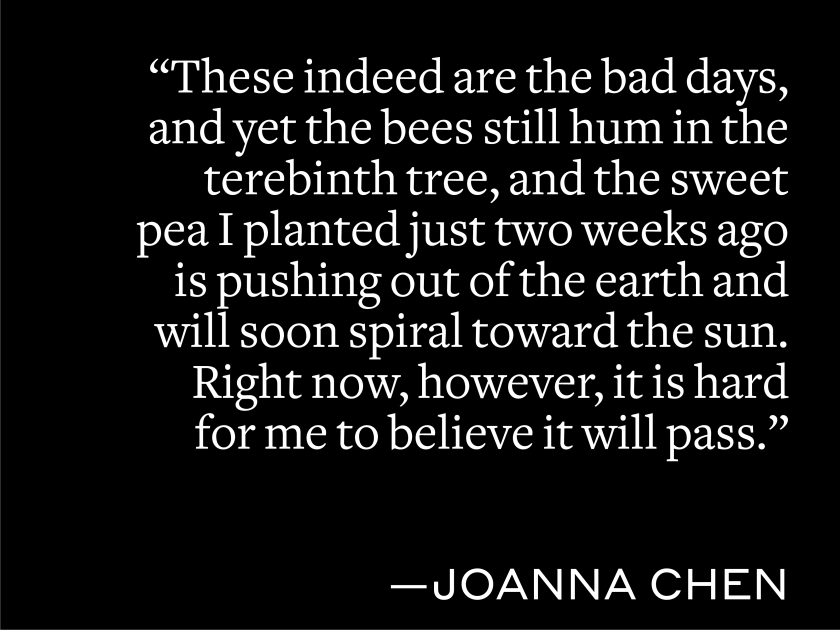
This piece is one of an ongoing series that we will be sharing in the coming days from Israeli authors and authors in Israel.
It is critical to understand history not just through the books that will be written later, but also through the first-hand testimonies and real-time accounting of events as they occur. At Jewish Book Council, we understand the value of these written testimonials and of sharing these individual experiences. It’s more important now than ever to give space to these voices and narratives.
Through these dark days, when there are no words to describe the horror, when I tell friends and family members abroad that I do not know what to say, I allow myself the luxury to pause, and turn to poetry. In doing so I am not turning away from the catastrophe — it is impossible to avert my eyes from the countless photos of the dead, or the kidnapped, or those who are missing. But we must protect our souls in order to help others and continue for the sake of our children. Perhaps it is only natural for me to choose the poetry of Israeli poets I have translated, and let them speak for me.
We told ourselves it would pass.
We put everything in place
The couches, armchairs. On the balcony, flowers
spiraled toward the sun.
We told ourselves those were the bad days,
The high holy days. We cannot forever
Await our destiny, we said.
Some of us stood in the square.
We sang songs in closed rooms.
These words are from Yonatan Berg’s “The End of Naivete,”[1] a poem I translated back in 2019. Eerily, these words perfectly capture what I and so many other people feel right now in Israel. These indeed are the bad days, and yet the bees still hum in the terebinth tree, and the sweet pea I planted just two weeks ago is pushing out of the earth and will soon spiral toward the sun. Right now, however, it is hard for me to believe it will pass. Everyone has lost someone, everyone is grieving. I cannot summon up the name of even one person who has not lost someone close to them; I know it is the same for the Palestinians in Gaza.
There is a certain intimacy involved in translating a poem — an attentiveness to voice and an open heart. Right now, I need these familiar voices to offer words of wisdom in a world that, for so many of us, has fallen apart. Yesterday, after returning from the funeral of my friend’s son, and while making soup for neighbors who are in mourning and families who have been evacuated, I took a moment to steady my breath. I read the words of Diti Ronen, another poet with whom I work, who wrote the following lines in a poem entitled “In Which the House Readies Itself for Battle”[2]:
No one will get away; you will find us
among the fractured ruins
clutching each other
our internal organs shattered
our faces pulverized, unprotected.
We are shattered; we clutch each other. We do so in order to keep going, to help our sons and daughters, our parents, friends, and neighbors. Everyone is afraid. One thing I am sure of is that we must find comfort. Agi Mishol’s “Cabin at the Forest Edge,”[3] excerpted here, offers this:
Not every angel is terrifying,
not every apple is poisoned
and not every look penetrates,
some gather us up from the way
we have lost
and illuminate a cabin
at the forest edge.
I am looking for this cabin, this pocket of comfort, and my heart is heavy.
[1] Yonatan Berg, Frayed Light (Wesleyan University Press, 2019)
[2] Diti Ronen, The Mulberry Tree (Shearsman Press, forthcoming in 2023)
[3] Agi Mishol, Kefel (Hakibbutz Hameuchad, 2020)
The views and opinions expressed above are those of the author, based on their observations and experiences.
Support the work of Jewish Book Council and become a member today.
Joanna Chen is a British-born writer and literary translator from Hebrew to English whose translations include Agi Mishol’s Less Like a Dove, Yonatan Berg’s Frayed Light (finalist for the National Jewish Book Awards), and Meir Shalev’s My Wild Garden. Her own poetry and writing has appeared in Poet Lore, Mantis, the Los Angeles Review of Books, Narratively, and the Washington Monthly, among other publications. She teaches literary translation at the Helicon School of Poetry in Tel Aviv.